Washington comes to Andover
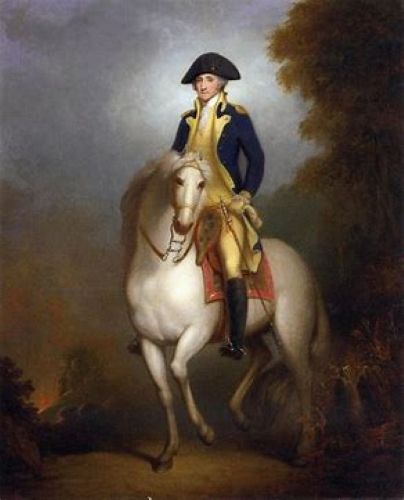
Have you ever wondered how many taverns George Washington visited during his travels? It seems like every street corner has a new building that he once stepped foot in. While it might not be completely accurate, it's safe to say he visited quite a large number. During the early days of the Revolution, Washington was stationed in Massachusetts, and later, he made three presidential tours to learn about the people of the United States, including his New England tour in 1789.
If you do the math, it's astonishing how many places he must have visited. Luckily, Washington documented his travels, and thanks to his diaries, we can get a glimpse into his journey. In just New England, according to my count using Washington’s Diaries, he stayed or visited over 21 taverns, inns, or hotels.
Some of these historical places have been preserved and turned into museums, like Munroe Tavern in Lexington, MA, Faneuil Hall in Boston, and the White Horse in Newport, RI. A few others, like Ye Old Tavern in Brookfield, MA, and the Beer’s (now the Ordinary) in New Haven, CT, are still functioning as taverns to this day.
During his New England tour, Washington's arrival in Boston on Saturday October 24, 1789 was quite a spectacle. Imagine him riding into the city on a milk-white horse escorted by a “long and brilliant military and civic procession, which met him on the Neck in Roxbury (now incorporated into Boston)”. “The number of people collected to see their beloved President is almost impossible to compute”, says the Centinel of October 31st.
After leaving Boston, Washington headed north to Lynn, where he was joined by 50 horsemen from Andover, under the command of Captain Osgood. This company was assembled at the suggestion of Judge Samuel Phillips, a man known to Washington since his time in Cambridge during the Revolutionary War. Phillips was not only involved in operating a powder mill in Andover, but he was also instrumental in founding Phillips Academy in 1778, in partnership with his friend Eliphalet Pearson. Their goal was to promote "true piety and virtue" in education.
It's fascinating to think about the rich history behind these places and the connections that shaped the early days of our nation. Washington's travels provide us with a glimpse into the past, reminding us of the incredible journey our country has taken.

Coming to Andover
Washington's diary reveals his preferred travel routine, which was quite consistent. He liked to start his journeys early, pausing along the way at a tavern for breakfast. Continuing his travels, he would stop again for dinner in the afternoon and rest in the evening. Washington had a penchant for traveling at a brisk pace, often maintaining a speed of "5 Miles an hour," as noted in his journal.
On Thursday, November 5th, 1789, Washington followed his usual routine. After spending the night at Harrod's tavern in Haverhill and visiting the mills there, he set out at sunrise. Washington mentioned in his diary, “About Sun rise I set out, crossing the Merimack [Merrimack] River at the Town over to the Township of Bradford and in nine Miles came to Abbots Tavern in Andover where we breakfasted, and met with much attention from Mr. Philips President of the Senate of Massachusetts.”
What's intriguing is the absence of mention regarding the entourage from Andover, which Samuel Phillips, Jr. had sent to escort the President to Andover. Perhaps, for Washington, such displays of attention were routine, akin to a parade featuring 50 red coats and horses. Accompanied by this group, Washington's carriage, pulled by four horses, made stops in Portsmouth, NH, and Haverhill, MA, before reaching Andover on the morning of the 5th.
It's fascinating to glimpse into the everyday routines of such a historic figure, shedding light on the customs and practices of the time.
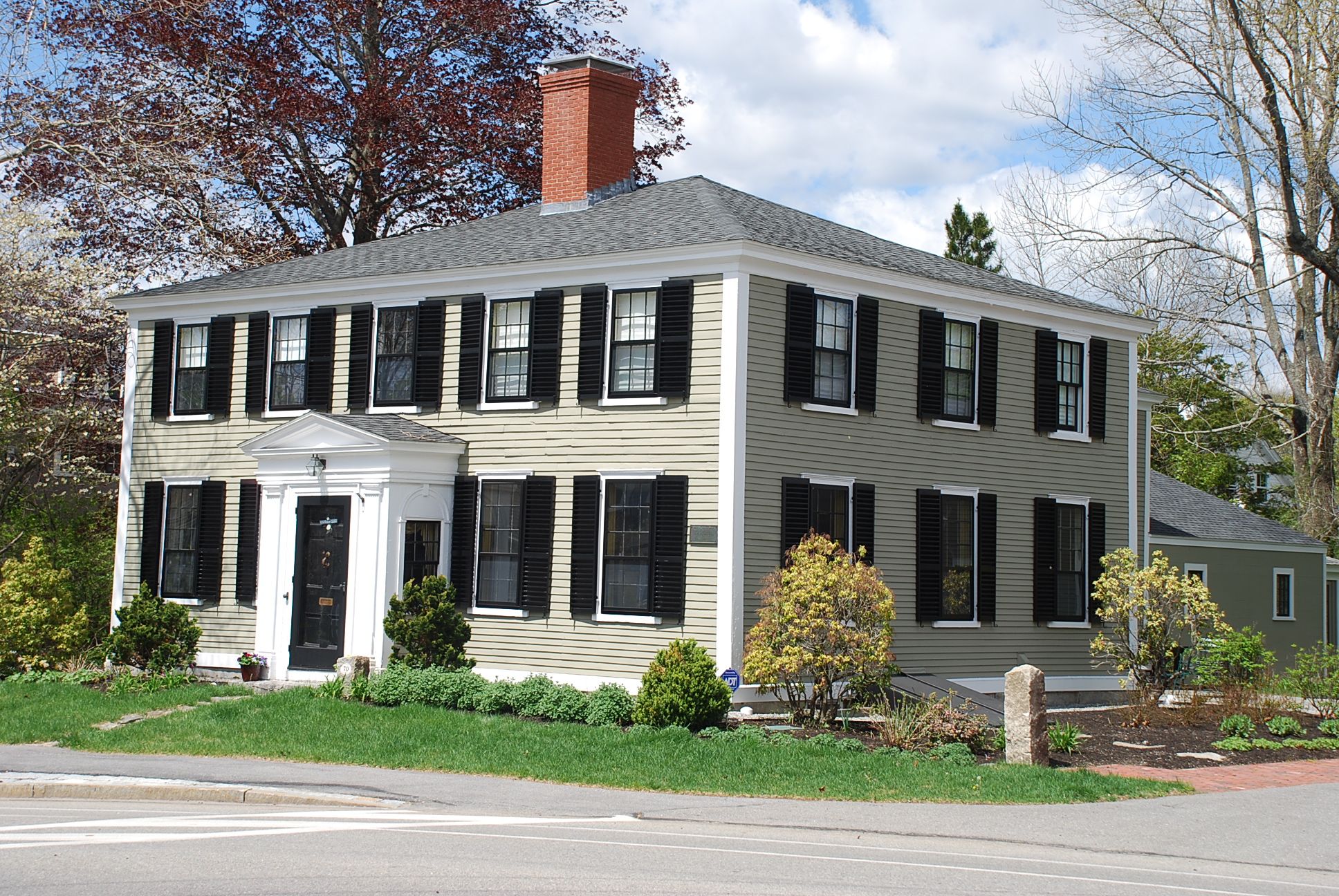
Abbot’s Tavern
Isaac Abbot, an impressive figure in Andover's history, was more than just a tavern owner. He was a Harvard graduate, a respected schoolmaster, a veteran of the Revolution, and a devoted church deacon. His lineage traced back to George and Hannah Chandler Abbot, a testament to the deep roots he had in the community. In 1729 Isaac marries Phebe Chandler. Once again, the Chandlers join forces to operate a tavern.
By 1776, Abbot had obtained a license to operate a house of "General Entertainment." In his petition he complains of “extraordinary travel which is rendered necessary by means of the Army before Boston”. I guess it is important for the Army to have a drink before heading out. In today’s world this does not make a lot of sense, but in the 1700’s, drinking at the tavern was an important part of life. Abbot also highlighted that his house was “near the old stage road. The house near having been closed, I have been subject to no small inconvenience for application of passengers for refreshments.” With multiple stagecoaches through Andover every week, passengers would seek some beverages and food. This “convenience” argument was the same one used by William Chandler’s Horseshoe Tavern in the 1600’s, when people were walking to his tavern.
On that special day in November 1789, Abbot's Tavern welcomed none other than President Washington and Samuel Phillips for breakfast around 9:30 AM. The town's elderly citizens, many of whom had met Washington during the Revolutionary days, gathered outside to catch a glimpse of the distinguished guest. Imagine the excitement in the air!
During his visit, Washington made a charming gesture, asking Deacon Abbot's daughter to mend his riding glove. After she finished, he lifted her onto his knee and planted a kiss on her cheek, leaving young Miss Priscilla in a state of pure delight. This was a gift Miss Priscilla treasured for life.
During Washington's memorable trip to New England, the entire region was treated to a grand parade. Before coming to Andover, the first President of the United States was greeted by 50 horsemen creating a parade. Following his visit to Abbot's, Washington on his milk-white horse greeted well-wishers, visited the Mansion, and inspected the troops before heading on to Lexington.
Washington did not want to be become another king, but he was aware of the need to act like a head of state. His trip was political, practical, and pageantry. On that day in November of 1789, Washington visited at least five taverns. Taverns, with their intimate settings, allowed Washington to enjoy a meal, get some rest, and greet the citizens in their "public house".
Sources
Andover Historic Preservation Site, many write-ups and photos of Abbot Tavern, Welcome to the Andover Historic Preservation Web Site | Andover Historic Preservation (mhl.org).
Bailey, Sarah Loring, Historical Sketches of Andover, Massachusetts, Houghton, Mifflin and Company, Boston, 1880.
Jackson, Donald and Dorothy Twohig Editors, The Diaries of George Washington. Vol. 5., The Papers of George Washington. Charlottesville, Virginia, http://www.loc.gov/resource/mgw.wd0, 1976-1979.
Mofford, Juliet Haines, Andover Massachusetts Historical Selections from Four Centuries, Merrimack Valley Preservation Press, Andover, MA, 2004.
Taylor, John Lord, A Memoir of His Honor Samuel Phillips, LL. D., Congregational Board of Publication, 1856.
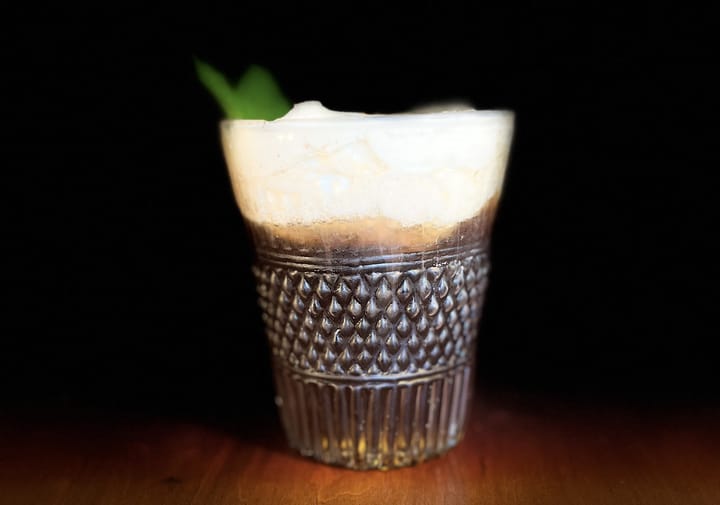
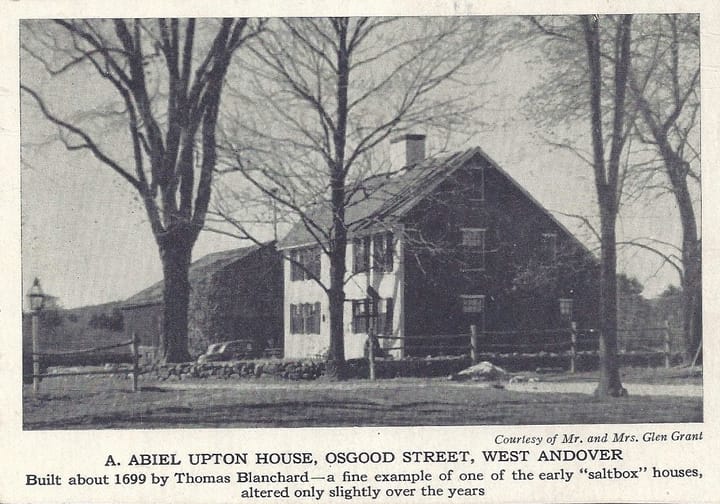
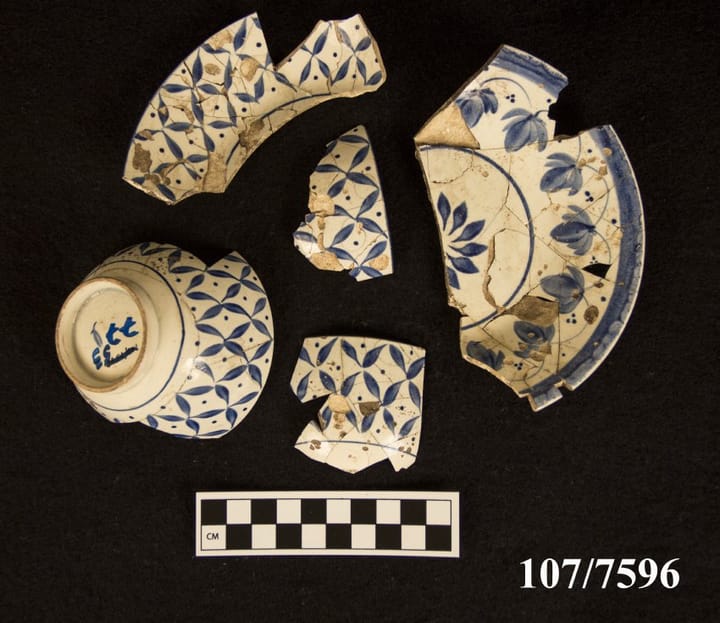
Comments ()